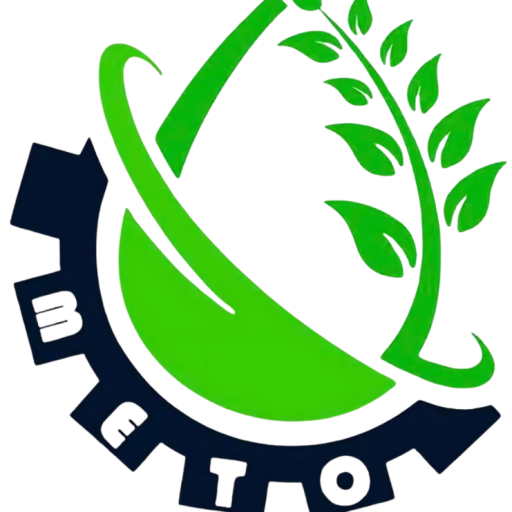
Agriculture is a fundamental sector that supports global food security, rural development, and economic growth. To ensure productive and efficient farming, agricultural inputs such as fertilizers, seeds, pesticides, machinery, and irrigation tools are essential. The import and export of agricultural inputs play a vital role in connecting suppliers and farmers across borders, facilitating access to the resources needed for sustainable agriculture.
This article dives into the dynamics of the import and export of agricultural inputs, discussing their importance, benefits, challenges, and trends influencing global agricultural trade.
Agricultural inputs are essential materials, tools, and products required for the proper functioning of agricultural activities. They are categorized into the following types:
Seeds
Fertilizers
Pesticides and Herbicides
Agricultural Machinery
Irrigation Systems
Feed and Supplements
Agricultural Technology (AgriTech)



The international trade of agricultural inputs is critical for the development and sustainability of global agriculture. Its significance includes:
The process of importing and exporting agricultural inputs involves several key steps and regulations to ensure the safety and efficiency of cross-border transactions:
Several trends are reshaping the dynamics of agricultural input imports and exports:

At METO B.V, we are more than just a trading company; we are a bridge between world-class manufacturers and international markets.
